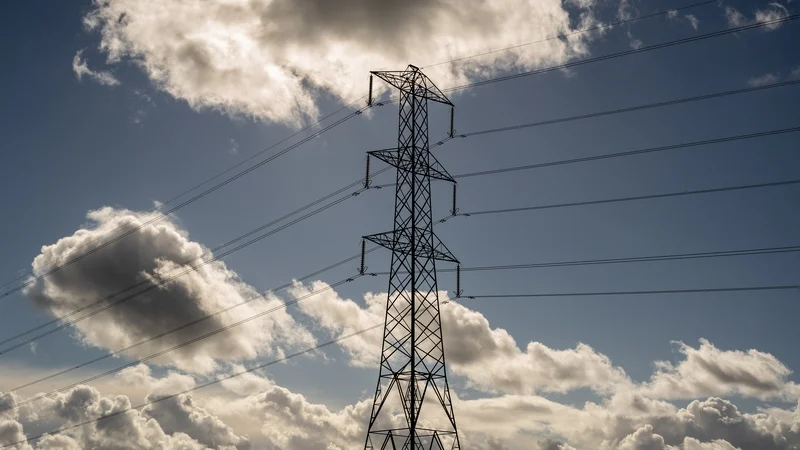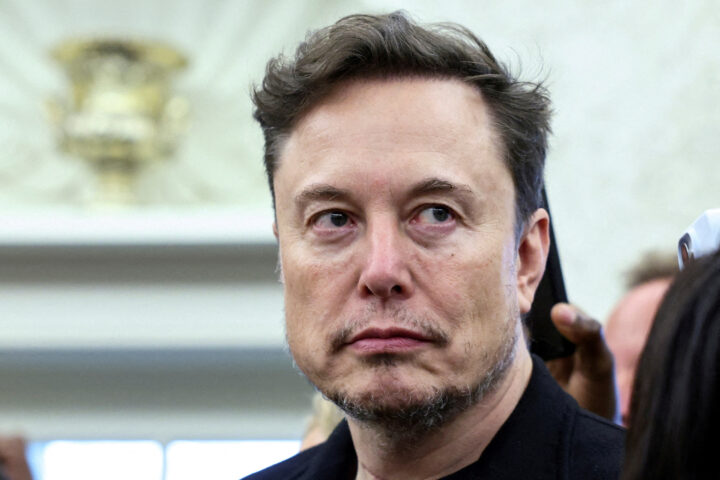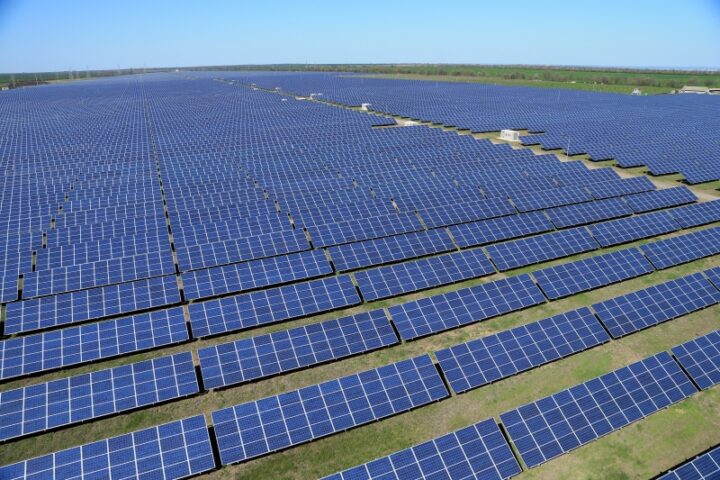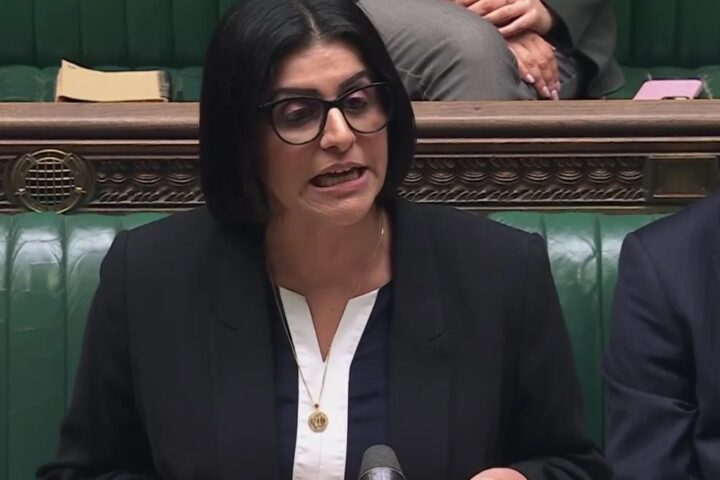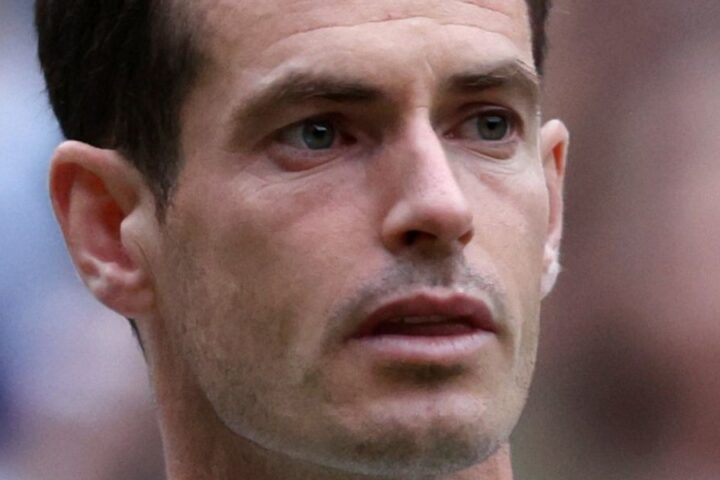An all-island body representing engineers has questioned the feasibility of the Government’s target of decarbonising the electricity sector by 2050.
The Irish Academy of Engineering has highlighted what it called “the absence of a plan to deliver the 350 large energy infrastructure projects needed in the electricity sector”.
The organisation has called for the development of sufficient Liquified Natural Gas capacity to address the security of supply risk “identified continually” in the State’s National Risk Assessments since 2014.
It said if targets of electrifying heating and transport by 2050 are to be met, the power requirement in Ireland will increase from 34 terawatt hours in 2024 to about 80 terawatt hours.
Eamonn O’Reilly, Chairman of the Energy and Climate Action Committee at the Irish Academy of Engineering and lead author of the report, said that it was impossible for Ireland to reach its net-zero target by 2050.
Speaking to Morning Ireland, Mr O’Reilly said that the Government targets need to “go beyond wishful thinking”.
The academy said this would require the completion of a programme of over 350 large energy infrastructure projects.
These include transmissions lines, onshore wind, offshore wind, solar, interconnectors, storage and back-up generation
Mr O’Reilly said that even if all projects come online by 2050, fossil fuels will still be needed for residual use, based on the abilities of current technologies.
He said the best battery technology Ireland has right now will run for two hours at maximum capacity. However, there will potentially be weeks without sufficient wind or sunshine for renewable energy sources.
“There is no technology that can plug that gap and none on the horizon,” Mr O’Reilly said.
The organisation said: “Government has set a target to achieve a zero-emissions electricity system by 2050 – and accepted the imposition of enormous interim financial penalties by the EU if this objective is not achieved – without first understanding and demonstrating how it is feasible.”
It said this had been done without estimating how much this would cost and what impact it would have “on the already high prices consumers pay for their electricity”.
Ireland has committed to a 51% reduction in greenhouse gas emissions by 2030.
However, the Environmental Protection Agency and the Climate Change Advisory Council (CCAC) have warned that Ireland is on course to miss this target.
The 51% reduction is a legal obligation that comes with fines if not met.
“We have made commitments in Europe we simply cannot keep,” Mr O’Reilly added.
